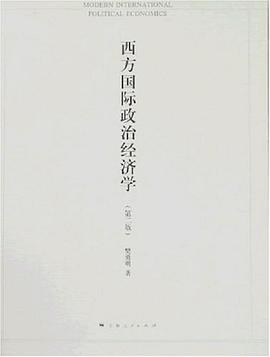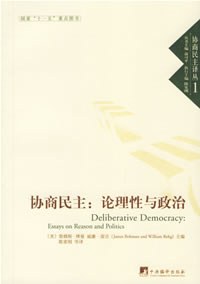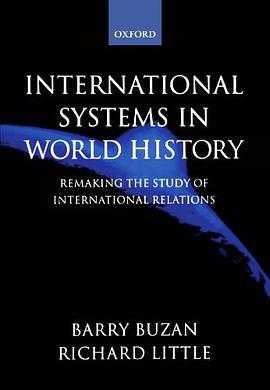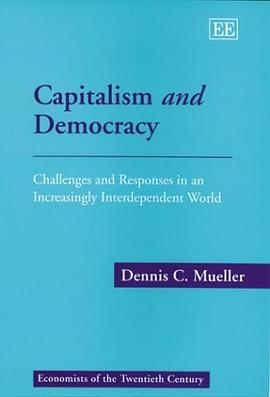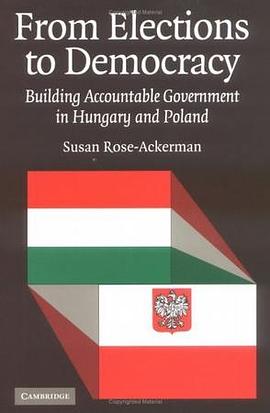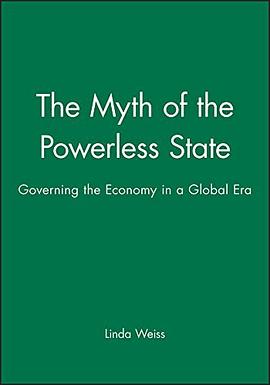

具体描述
It is widely claimed that as the integration of the world economy advances, national governments are becoming less relevant, losing their powers not only to influence macroeconomic outcomes and to implement social programmes, but to determine strategies for managing the industrial economy. In the face of such claims of state powerlessness, this book proposes that what lies behind some of the most successful economics today is a series of state-informed and state-embedded institutions for governing the economy.
The book's central proposition is that the impact of external economic pressures is to a large degree domestically determined, varying in important measure according to the robustness or weakness of national institutions. This thesis is advanced through an analysis of the sources and varieties of state capacity for governing industrial transformation. Focusing on the unravelling of Sweden's distributive model of adjustment, on the evolution of developmental states in East Asia, as well as on the parallel strengths of the German and Japanese systems of industrial co-ordination, it is shown how different types of state capacity - "developmental", "distributive" and "dual" - impact on industrial vitality and domestic adjustment to the international economy. The comparative perspective developed in this study indicates that, as world economic integration proceeds, state capabilities will matter more rather than less in fostering social well-being and wealth creation.
This book will be essential reading for 2nd- and 3rd-year undergraduates in comparative politics, political economy and political sociology as well as to all those who have an interest in the nature and prospects of the state in the face of changes to the world economy.
作者简介
Linda M. Weiss is an Australian professor of political science at the University of Sydney (USYD), specialising in the international and comparative politics of economic development.
Weiss is best known for questioning the converging effect associated with globalisation by pointing to the mediating role played by domestic nation-state institutions and capabilities and arguing that the effect non-state powers have upon a government can be enabling as well as constraining. Furthermore, within this argument, rather than a movement towards a neoliberal model, Weiss sees the emergence of what she calls 'governed interdependence'. This theory is forwarded in 'The Myth of the Powerless State' (1998) and submitted to empirical testing in 'States in the Global Economy' (2003).
Weiss' work is directly influenced by Michael Mann whom she worked under during her formative years.
Of additional note, 'How to Kill a Country' (2004), authored with Thurbon and Mathews, was the first sustained critical analysis of the Australia-US Free Trade Agreement signed and ratified by both countries' governments in 2004. The authors regard the Agreement as a sub-optimal deal for Australia and in later work put forward the argument that the Australian government misread their special relationship with the US and proceeded with the Agreement for public relations reasons, particularly with regard to the issue of Australia-US relations during the 2004 Australian federal election.
目录信息
读后感
评分
评分
评分
评分
用户评价
相关图书
本站所有内容均为互联网搜索引擎提供的公开搜索信息,本站不存储任何数据与内容,任何内容与数据均与本站无关,如有需要请联系相关搜索引擎包括但不限于百度,google,bing,sogou 等
© 2025 book.wenda123.org All Rights Reserved. 图书目录大全 版权所有


